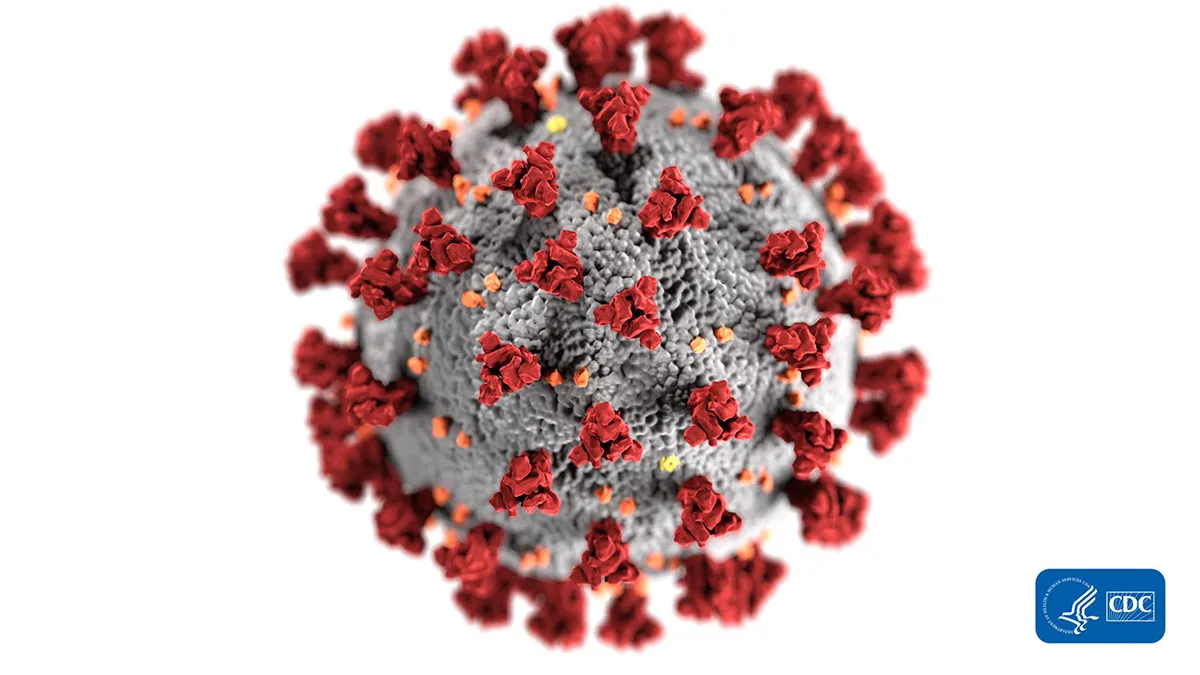UPDATE: May 11, 2020: FDA on Friday updated its emergency use authorization given last month to a saliva-based coronavirus diagnostic developed at Rutgers, then allowed under the agency's "umbrella" EUA for high complexity molecular-based lab developed tests. The update allows for at-home collection of saliva specimens.
It's not the first test using at-home collection to receive the designation from FDA; LabCorp claimed that milestone last month. But whereas LabCorp's test requires use of a nasal swab to collect sample specimens, the Rutgers test leverages saliva collection, an arguably easier and more comfortable method.
At this point, the scope of the technology remains somewhat limited, as testing must be performed at Rutgers Clinical Genomics Laboratory using its test for saliva specimens obtained using a specific saliva collection device, FDA said. The test remains only available via a prescription, FDA said.
"It is important to note that this is not a general authorization for at-home collection of patient samples using other collection methods, saliva collection devices, or tests, or for tests fully conducted at home," FDA wrote in a statement Friday.
Dive Brief:
- A saliva-based test developed at a Rutgers University lab gained FDA's emergency use authorization Friday, making it the 10th high complexity molecular-based lab developed test to get EUA status, as listed by FDA. Rutgers touted the development Monday as the first authorized diagnostic that primarily uses saliva to test for the SARS-CoV-2 coronavirus.
- Using saliva may cut risk of exposure for healthcare workers collecting samples and reduce strain on the supply of swabbing materials.
- Despite more test kit manufacturers and commercial labs gaining EUAs for tests (the total was 34, as of Monday evening), U.S. demand for testing continues to outpace capacity. One manufacturer, Thermo Fisher Scientific, said Monday it's teaming with Ford Motor Company to more than triple the number of sample collection kits it can deliver each week.
Dive Insight:
Saliva-based testing may be an attractive alternative to uncomfortable nose and throat sample collection, which also require a healthcare worker doing the swabbing to come into closer contact with someone potentially infected.
It could help ease strain on a global shortage of swabs, Andrew Brooks, director of technology development at Rutgers University Cell and DNA Repository Infinite Biologics, said an announcement Monday.
Rutgers partnered with New Jersey-based Accurate Diagnostic Labs on clinical testing, and uses technology from PerkinElmer for extraction, Utah-based Spectrum Solutions for saliva collection, and Thermo Fisher for actual test processing.
In the near term, the tests are available in New Jersey through certain health networks, hospitals and county health departments, with plans to initiate drive-thru testing this week. But Rutgers indicated there's broader interest in the technology, saying it's been in touch with the White House's COVID-19 testing task force and executives from "some of the world’s largest life sciences companies that are involved in COVID-19 testing." It did not specify which companies.
HHS' BARDA recognized the potential of saliva testing, which could be adapted for at-home collection, giving a $710,310 contract last week to OraSure, which is developing an at-home test. But the company expects it will take at least four to six months before it applies for emergency use authorization.
As for Thermo Fisher's efforts with Ford, it follows other medical equipment manufacturers in partnering with the auto industry to scale production. Thermo Fisher did not offer an update on the volume of test kits it's currently delivering weekly. When the company announced an EUA for its coronavirus test March 16, it said it planned to scale production up to 5 million tests per week during April.
Meanwhile, the number of other tests with EUAs continues to grow.
BD said Monday it received a second emergency use authorization for a coronavirus test that runs on its BD Max machine. That EUA builds on one for a test developed by BioGx for BD Max, which got FDA's emergency green light April 2. A BD spokesperson said Tuesday morning the global capacity for tests run on BD Max systems is about 200,000 per week.
Quest Diagnostics also issued a testing update Monday, saying it has eliminated its testing backlog and can now process 45,000 tests each day.
The addition of a molecular test from Hologic to two of its COVID-19 testing labs has helped expand capacity, Quest said. To date, the company has reported results from roughly 800,000 coronavirus tests.
CEO Steve Rusckowski also said in a letter Monday that it's working on antibody tests, which are aimed at identifying who has been exposed to the virus and built immunity to it.
FDA said late Monday it's worked with more than 300 test developers that plan to submit EUA requests to FDA, and it's aware of more than 180 labs that have begun testing under the agency's COVID-19 diagnostic test policy issued for the public health emergency.











